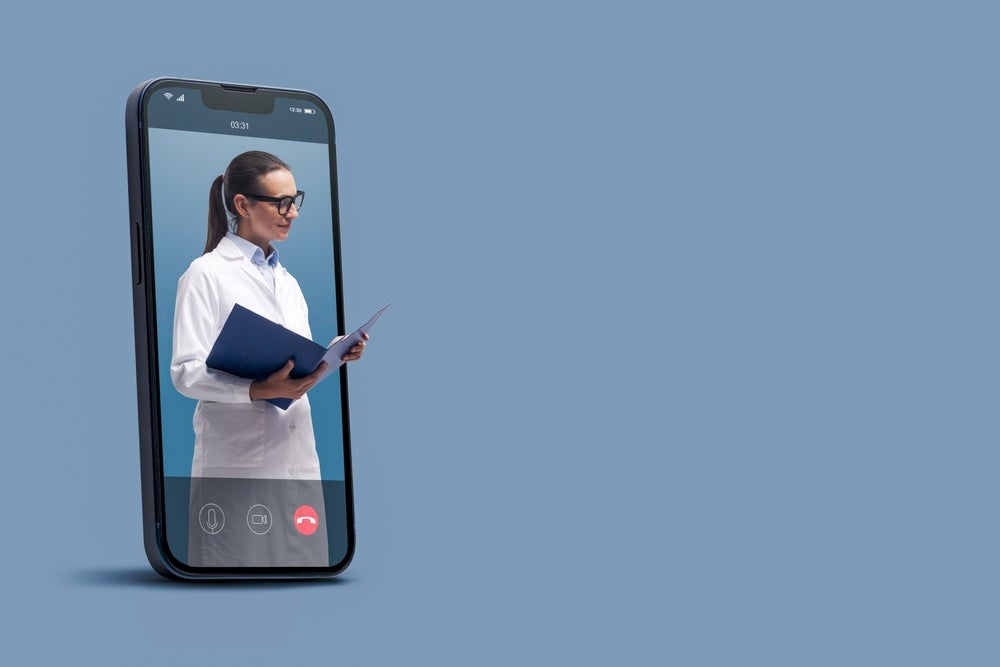Telemedicine refers to the use of technology to provide healthcare services remotely and more efficiently, enabling patients to consult with healthcare professionals and receive medical care without being physically present at a healthcare facility. Telemedicine encompasses a wide range of healthcare activities, including teleconsultations, remote patient monitoring, connected medical devices and mobile apps. The use of telemedicine has boomed since the Covid-19 pandemic and is now the preferred way to receive healthcare for many.
In the US, almost half of the country’s population lives in a mental health workforce shortage area. The scarcity of behavioural health professionals is preventing people from receiving the care they need. Some groups are disproportionally impacted, including those living in rural areas and minority populations.
How can AI help?
AI has the potential to revolutionise telemedicine by making processes more accessible, efficient, and effective. Digital solutions are increasingly becoming integrated into healthcare, including mental health apps. These apps are designed to address a range of mental health concerns and offer support, patient monitoring and an alternative to traditional in-person mental health services. AI-powered telemedicine for mental health can improve accessibility and patient engagement, and help to facilitate real-time patient health monitoring, enabling faster intervention and preventing hospital re-admissions.
More recent apps have transformed mental healthcare by providing accessible and personalised mental health support. AI-powered tools can analyse speech patterns and facial expressions, assess emotions and provide clinicians with real-time analysis and alerts for high-risk patients. These apps can also decrease the cost of healthcare through fewer in-person sessions and lower the overall overhead costs for providers.
Innovation in the behavioural health space
As the popularity of telemedicine and remote patient monitoring has increased, a large range of behavioural health startups has followed, with much focus on AI-assisted mental health assessments, monitoring and wellness indicators.
Utah-based start-up Videra Health has created an AI-driven, FDA-registered digital platform that connects providers to patients anytime, anywhere between visits and post-discharge. Patients check in with their providers by answering traditional healthcare assessment questions as well as sharing information through recorded video, audio, text or hybrid responses. The platform analyses interactions and summarises them into actionable clinical takeaways for care teams and operation leaders, aiming for the identification of urgent concerns and faster intervention.

US Tariffs are shifting - will you react or anticipate?
Don’t let policy changes catch you off guard. Stay proactive with real-time data and expert analysis.
By GlobalDataIn November 2023, Videra Health created an innovative AI-powered chatbot called AVA which uses large language models and machine learning algorithms to tailor its questions in real time to assist patients in their assessments and help providers in noticing subtle changes. The use of AI in telemedicine for behavioural health has the potential to revolutionise patient access to treatment, lower costs and potentially increase intervention and identification of urgent concerns.





